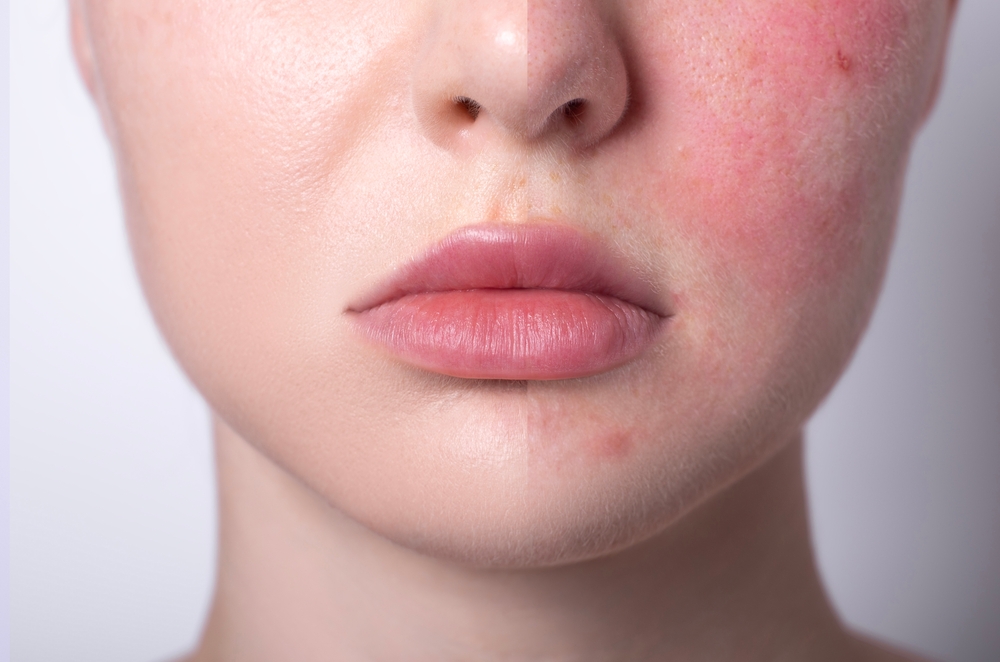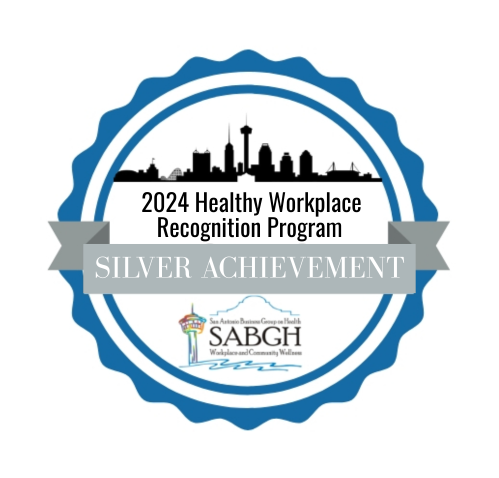If you’re a frequent consumer of processed foods, which includes choices from canned soup to breads and chips to frozen meals, you’re likely putting your heart at risk due to the high sodium content of these foods. And if you think adding other healthy foods to the diet is going to offset the damaging effects of this type of eating, you may be in for a rude surprise.
According to a recent research study published in the medical journal Hypertension, even loading up on healthy choices like fruits and vegetables may not be enough to ward off the stress that these types of foods may be putting on your cardiovascular system! Increased sodium intake is a major contributor to high blood pressure, and the biggest source of sodium in the average American diet is from processed and prepared foods. That includes pretty much everything that you don’t pick from a tree, dig up out of the ground, or get directly from an animal.
The American Heart Association recommends adults consume no more than one teaspoon of salt, which is about 2,300 milligrams (mg) of sodium, in a day. A more protective amount would be keeping it under 1,500 mg daily, the group advises. Limiting sodium intake is very important because of the negative effects it has on raising blood pressure, which is a major cause of heart disease and stroke. And where does most of the sodium come from? Not the saltshaker. About three-quarters of the salt Americans eat comes from processed, prepackaged and restaurant foods.
One frozen meal or can of soup or deli sandwich can easily add 1,500 to 2,000 mg of sodium by itself! And contrary to what many people may believe, adding a salad to that meal doesn’t appear to help offset the sodium onslaught. The researchers looked at about 80 different healthy nutrients, but did not find any that counteracted or reduced the increase in blood pressure from the high salt intake. And you can’t wash it away or dilute it by drinking more water. The body still has to process it and deal with the electrolyte imbalance.
The one small positive they found was that at lower levels of 24-hour sodium excretion, potassium intake stave off the sodium-blood pressure relation (but not at higher levels). Potassium helps the body maintain proper fluid balance, so making sure you incorporate vegetables, fruits and legumes that are higher in this nutrient may offer some protection if you haven’t already gone overboard with the sodium. Good choices would include:
- Fruits – Avocados, bananas, melons, kiwi
- Vegetables – Sweet potatoes, beets, brussels sprouts, asparagus, carrots
- Legumes – lentils, dried beans
Remember also that there is not one food alone that will make or break your health. A balanced, healthy diet that you consume every day (with the occasional treat thrown in to keep us satisfied) is the best defense to prevent all of the major lifestyle-driven health issues – diabetes, high blood pressure, elevated cholesterol, gastrointestinal issues, obesity, poor energy, you name it! It’s why we focus so heavily on diet and nutrition when we are helping patients on their journey to restoring their health naturally. And the results speak for themselves.
But as the research point out, you do have to avoid regular consumption of the high-sodium processed foods, because not even the best choices from nature’s bounty may be able to offset their damaging effects!
















